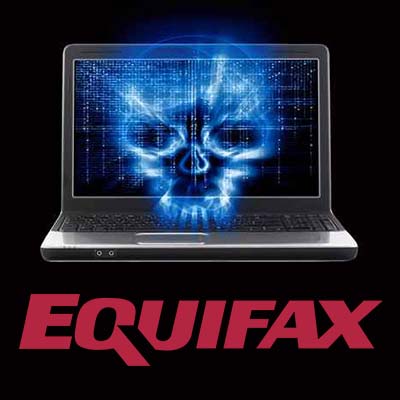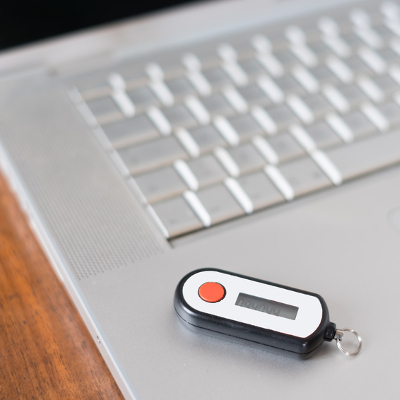More Victims of the Equifax Breach Discovered

The 2017 Equifax leak was a disastrous scenario, but recent revelations have discovered that even more victims were affected than was previously thought. Nobody ever wants to hear this kind of news, but there is an upside to this that shouldn’t be ignored – learning from the mistake. We’ll start with a refresher on what happened exactly, and what these new developments mean for your organization.
The Breach of 2017
Equifax is one of the three major credit reporting organizations, and it suffered a major data breach in 2017. Over 143 million users were affected by this breach and potentially had their personal information stolen or provided to hackers. For those who are curious, this is about 44 percent of the United States total population. It’s pretty wild to think about. In October 2017, an investigation yielded more information that showed about 2.5 million more users were exposed than the original numbers let on. Thus, the total number of victims reached a staggering 145.5 million, or nearly one half of the entire U.S. population. If anything, this new development showcases that this number is not set in stone and that it could potentially increase over time.
For example, Equifax has discovered even more victims; 2.4 million more who have had their names and partial driver’s license numbers stolen. Unlike other information that holds greater value, a hacker can only do so much with this data, but it’s still problematic.
Lessons from the Breach
One of the most important lessons that you can learn from a data breach is that there is always going to be another data breach. Businesses just hold onto too much valuable data, and too many people are looking to steal it, for there to be any other outcome. The fact that so much information is shared and distributed all over just makes it more likely that information will be breached. Therefore, measures must be taken to ensure that your company doesn’t suffer the same fate as Equifax.
You have to understand that your data will be potentially stolen or exposed, and not because of you. It could be the fault of any company that holds your information. Just like Equifax, any companies that work with your data could potentially lose track of, and expose it, too dangerous entities. Even if you do nothing wrong, it could happen. You need to take measures to both protect yourself and prevent attempts at identity theft due to the negligence of others. You can start with credit freezes, locks, and alerts.
The next step is to be careful of who specifically you share this information with. If you share information and it’s compromised in any way, you could find yourself at odds with your clients and customers. Therefore, it makes sense that you take measures to limit this risk as much as possible.
Don’t let a data breach that your business suffers from be the reason why your organization implements security. Call us today at (317) 705-0333 to get started.
Equifax Freeze PINs Aren’t As Secure As They Could Be

The Equifax data breach has been a considerable issue for countless individuals, exposing sensitive information that could lead to identity theft and so much more. In response to this breach, some experts are recommending that consumers go as far as freezing their credit lines because of the potential for breaches. Well, it all comes down to a PIN–something that can be easily guessed by a hacker under the right circumstances.
Personal identification numbers–contrary to popular belief–are the exact same thing as passwords. They are codes designed to keep someone from accessing sensitive information. However, access control devices like this need to follow the same guidelines, regardless of what they are called. They need to be complex and secure so as to keep hackers from guessing them. You should include both upper and lower-case letters, numbers, and symbols, and include them in a seemingly random order.
You’re probably thinking, “Great. Now I know enough to make my Equifax PIN as strong as possible.” Except… that’s not how this works.
Due to the way that Equifax generates your PIN, your credit lines could be placed at risk. The PINs used by Equifax are ten digits long, stemming from the date that the credit line was frozen, as well as the specific time which it was frozen. The order of these variables is the following: DdMmYyHhMm. This significantly cuts down on the amount of possible combinations available for a PIN. Furthermore, there are only a certain number of reasonable times within a day where you could apply for a credit line freeze, further limiting the amount of potential variables including the access code.
If Equifax had kept it a simple ten-digit randomized string of numbers, this wouldn’t be an issue. But that’s just not how the cookie crumbled.
As of September 11th, 2017, Equifax has addressed that this PIN generation process needs to be changed. Hopefully, the change will be enough to secure people’s sensitive information properly.
What are your thoughts about this development? Are you certain that your passwords and PINs are secure enough to protect your organization (and your identity) from being compromised? For assistance securing your personal and organizational information, reach out to Catalyst Technology Group at (317) 705-0333.

